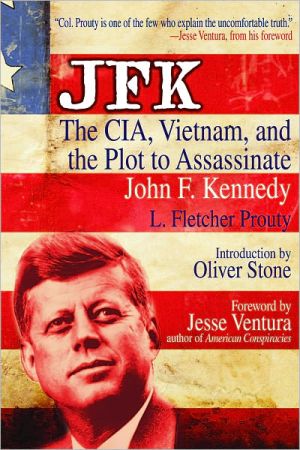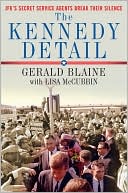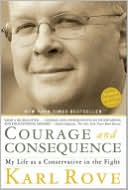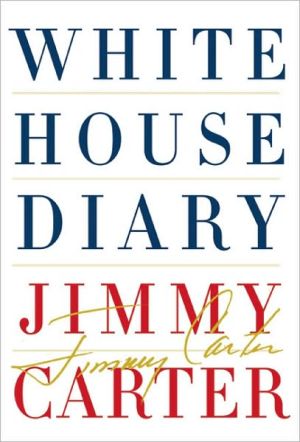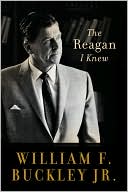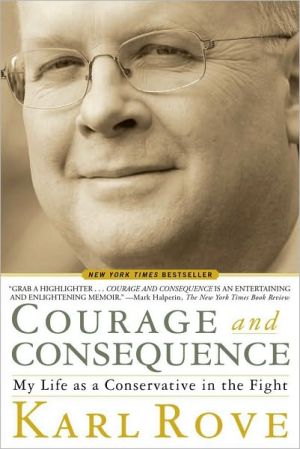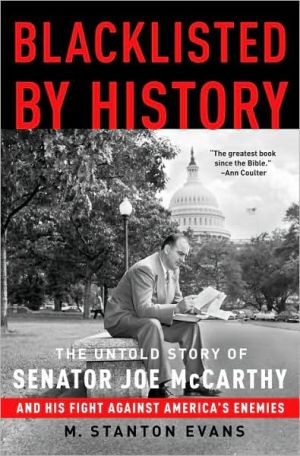JFK: The CIA, Vietnam, and the Plot to Assassinate John F. Kennedy
For decades, the truth about the assassination of President John F. Kennedy has been obscured by those with an agenda of one kind or another. Colonel L. Fletcher Prouty has, in his interviews, letters, and books, explained the motives and methods behind the plot to topple an American president. JFK: The CIA, Vietnam, and the Plot to Assassinate John F. Kennedy provides a fascinating perspective on the assassination. L. Fletcher Prouty draws on his experience and insider knowledge to review...
Search in google:
The story of the man who inspired Oliver Stone’s JFK. Publishers Weekly Prouty, who was a Washington insider for nearly 20 years--in the last few of them as Chief of Special Operations for the Joint Chiefs of Staff under President Kennedy--has a highly unusual perspective to offer on the assassination and the events that led up to it. Familiar to moviegoers as the original of the anonymous Washington figure, played by Donald Sutherland in the Oliver Stone's movie JFK , who asks hero Jim Garrison to ponder why Kennedy was killed, Prouty leaves no doubt where he stands. The president, he claims, had angered the military-industrial establishment with his procurement policies and his determination to withdraw from Vietnam, and had threatened to break the CIA into ``a thousand pieces'' after the Bay of Pigs fiasco. His death was in effect a coup d'etat that placed in the White House a very different man with a very different approach--one much more acceptable to what Prouty consistently calls ``the power elite.'' Although he declares that such an elite has operated, supranationally, throughout history, and is all-powerful, he never satisfactorily explains who its members are and how it functions--or how it has allowed the current East-West rapprochement to take place. Still, this behind-the-scenes look at how the CIA has shaped postwar U.S. foreign policy is fascinating, as are Prouty's telling questions about the security arrangements in Dallas, his knowledge of the extraordinary government movements at that time (every member of the Cabinet was out of the country when Kennedy was shot) and his perception that most of the press has joined in the cover-up ever since. Photos not seen by PW. (Sept.)
Introduction: The Secret History of the United States (1943-90)Preface1The Role of the Intelligence Services in the Cold War: 1945-65, the Vietnam Era12The CIA in the World on the H. Bomb203The Invisible Third World War294Vietnam: The Opening Wedge425The CIA's Saigon Military Mission516Genocide by Transfer - in South Vietnam707Why Vietnam? The Selection and Preparation of the Battlefield818The Battlefield and the Tactics, Courtesy CIA1029The CIA in the Days of Camelot11810JFK and the Thousand Days to Dallas13611The Battle for Power: Kennedy Versus the CIA15312Building to the Final Confrontation17013The Magic Box, Trigger of the Expanded War in Vietnam18914JFK Makes His Move to Control the CIA20315The Erosion of National Sovereignty21916Government by Coup d'Etat23217JFK's Plan to end the Vietnam Warfare24618Setting the Stage for the Death of JFK26619Visions of a Kennedy Dynasty28620LBJ Takes the Helm as the Course Is Reversed31221Game Plan of the High Cabal334Afterword: Stone's JFK and the Conspiracy347Acknowledgments356Notes357Index369
\ Publishers Weekly - Publisher's Weekly\ Prouty, who was a Washington insider for nearly 20 years--in the last few of them as Chief of Special Operations for the Joint Chiefs of Staff under President Kennedy--has a highly unusual perspective to offer on the assassination and the events that led up to it. Familiar to moviegoers as the original of the anonymous Washington figure, played by Donald Sutherland in the Oliver Stone's movie JFK , who asks hero Jim Garrison to ponder why Kennedy was killed, Prouty leaves no doubt where he stands. The president, he claims, had angered the military-industrial establishment with his procurement policies and his determination to withdraw from Vietnam, and had threatened to break the CIA into ``a thousand pieces'' after the Bay of Pigs fiasco. His death was in effect a coup d'etat that placed in the White House a very different man with a very different approach--one much more acceptable to what Prouty consistently calls ``the power elite.'' Although he declares that such an elite has operated, supranationally, throughout history, and is all-powerful, he never satisfactorily explains who its members are and how it functions--or how it has allowed the current East-West rapprochement to take place. Still, this behind-the-scenes look at how the CIA has shaped postwar U.S. foreign policy is fascinating, as are Prouty's telling questions about the security arrangements in Dallas, his knowledge of the extraordinary government movements at that time (every member of the Cabinet was out of the country when Kennedy was shot) and his perception that most of the press has joined in the cover-up ever since. Photos not seen by PW. (Sept.)\ \ \ \ \ Library JournalProuty, the mysterious ``X'' in Oliver Stone's JFK , promises to explain why Kennedy was assassinated. Instead, he delivers a muddled collection of undocumented, bizarre theories, most significantly that a super-powerful, avaricious power elite engineered the Cold War and all its pivotal events--Korea, Vietnam, the U-2 incident, the Bay of Pigs, and the Kennedy assassination. Although they are never identified, these shadowy technocrats, working through the CIA, allegedly had Kennedy murdered because he was on the brink of ending America's commitment to Vietnam, along with its billions of dollars of military contracts. Prouty avoids some very important issues. Would Kennedy, a Cold War warrior's warrior, have indeed ended American support for Diem? And why couldn't the omnipotent power elite ensure the election of Richard Nixon, its preferred candidate, in 1960--especially since Kennedy won by only .02 percent? A much better choice is John M. Newman's JFK and Vietnam: Deception, Intrigue, and the Struggle for Power ( LJ 3/15/92). See also James DiEugenio's Destiny Betrayed: JFK, Cuba, and the Garrison Case , reviewed in this issue, p. 123.--Ed.-- Karl Helicher, Upper Merion Twp . Lib., King of Prussia, Pa.\ \
